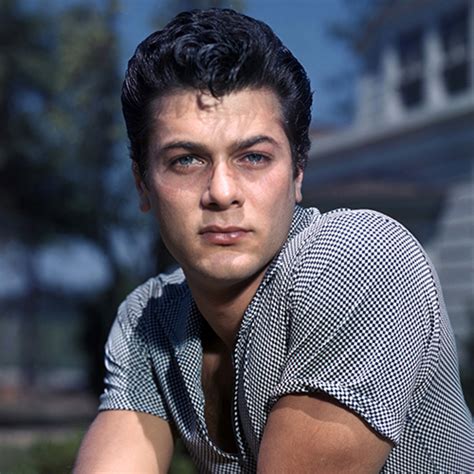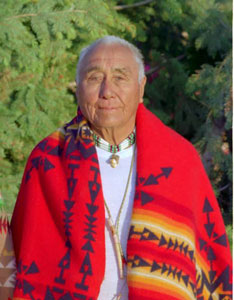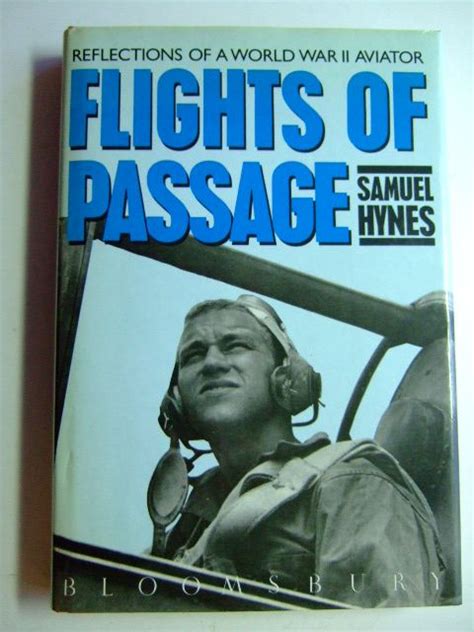A Quote by Gustave Flaubert
What better occupation, really, than to spend the evening at the fireside with a book, with the wind beating on the windows and the lamp burning bright...Haven't you ever happened to come across in a book some vague notion that you've had, some obscure idea that returns from afar and that seems to express completely your most subtle feelings?
Related Quotes
On rare occasions there comes along a profound original, an odd little book that appears out of nowhere, from the pen of some obscure storyteller, and once you have read it, you will never go completely back to where you were before. The kind of book you may hesitate to lend for fear you might miss its company. The kind of book that echoes from the heart of some ancient knowing, and whispers from time's forgotten cave that life may be more than it seems, and less.
For every Book of Job, there's a Book of Leviticus, featuring some of the most boring prose ever written. But if you were stranded on a desert island, what book would better reward long study? And has there ever been a more beautiful distillation of existential philosophy than the Book of Ecclesiastes?
You have to surrender to your mediocrity, and just write. Because it's hard, really hard, to write even a crappy book. But it's better to write a book that kind of sucks rather than no book at all, as you wait around to magically become Faulkner. No one is going to write your book for you and you can't write anybody's book but your own.
I'd just written the book Ocean Of Sound, and this terrible thing happened in my life: my wife committed suicide. I was a single parent because of that; I was completely shattered. I had a book that I'd just finished that had been produced through a really, really terrible period, but I had managed to finish it.
Book burning is a charming old custom, hallowed by antiquity. It has been practiced for centuries by fascists, communists, atheists, school children, rival authors, and tired librarians. Like everything of importance since the invention of the cloak and the shroud, its origins are cloaked in mystery and shrouded in secrecy. Some scholars believe that the first instance of book burning occurred in the Middle Ages, when a monk was trying to illuminate a manuscript. All agree that book burning was almost non-existent during the period when books were made of stone.
What happened was I was invited to meet Tom [Hardy] to discuss a project that he had in his mind about an adventurer who returns to England from Africa with secrets and with a history, and the original idea was set some 80 years later than it is now. But in the conversation I really took to the idea and I'd wanted for a while to set something in 1830 and 1840 in London, so it struck a chord.
Words alone are inadequate to express spiritual realities. This book expresses the Red Indian spirit because it combines the best photographs ever taken of the old-time chiefs with some of their best words. You can meet these old-timers and share their wisdom. People who read this book will better understand our sacred ways.
When you're writing a book that is going to be a narrative with characters and events, you're walking very close to fiction, since you're using some of the methods of fiction writing. You're lying, but some of the details may well come from your general recollection rather than from the particular scene. In the end it comes down to the readers. If they believe you, you're OK. A memoirist is really like any other con man; if he's convincing, he's home. If he isn't, it doesn't really matter whether it happened, he hasn't succeeded in making it feel convincing.






































